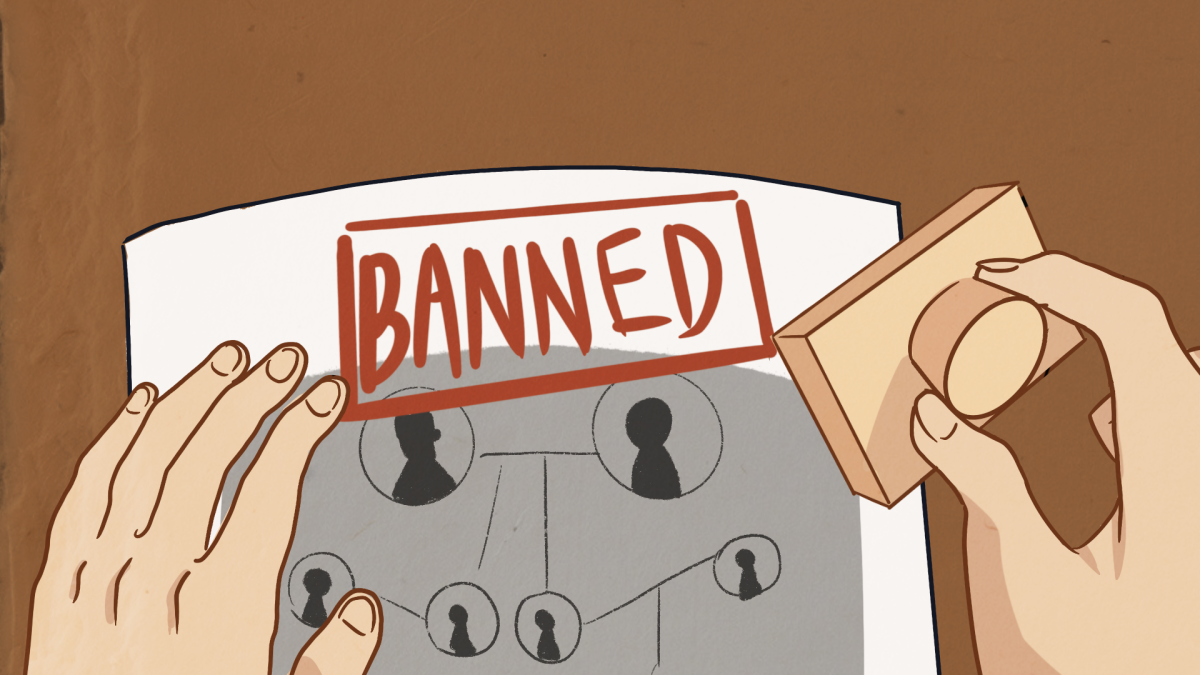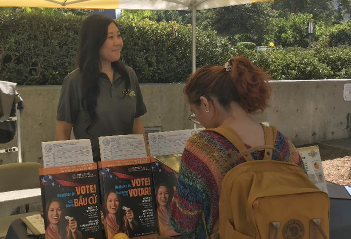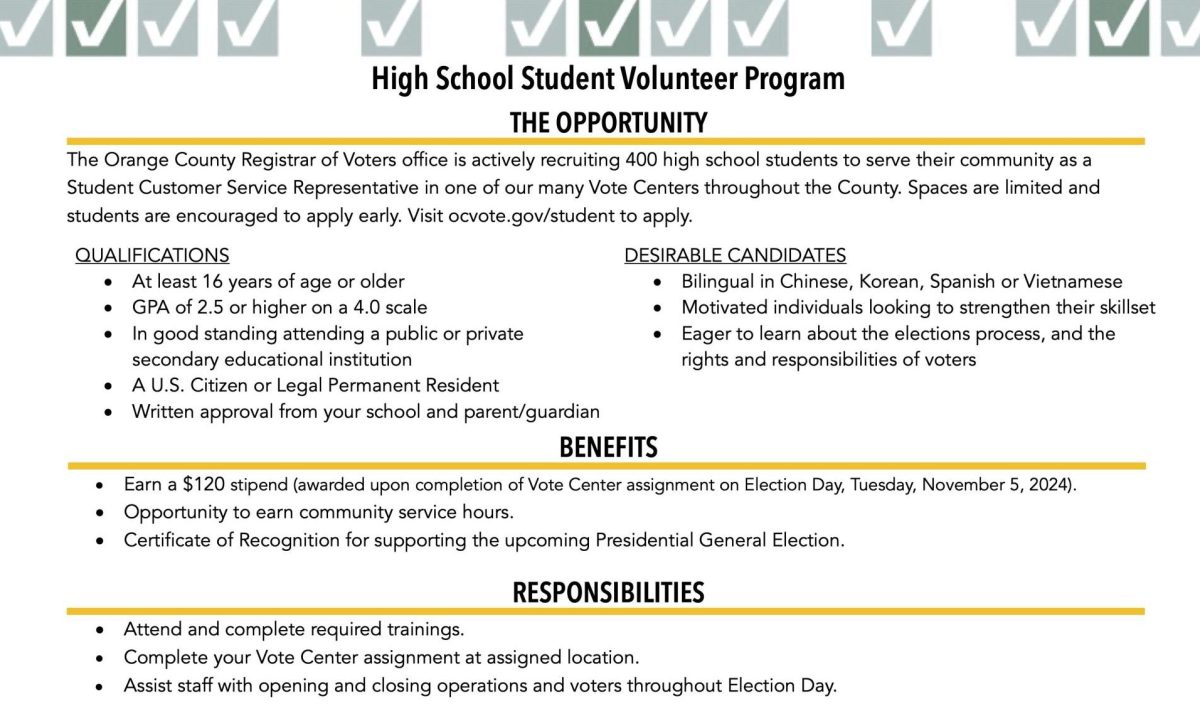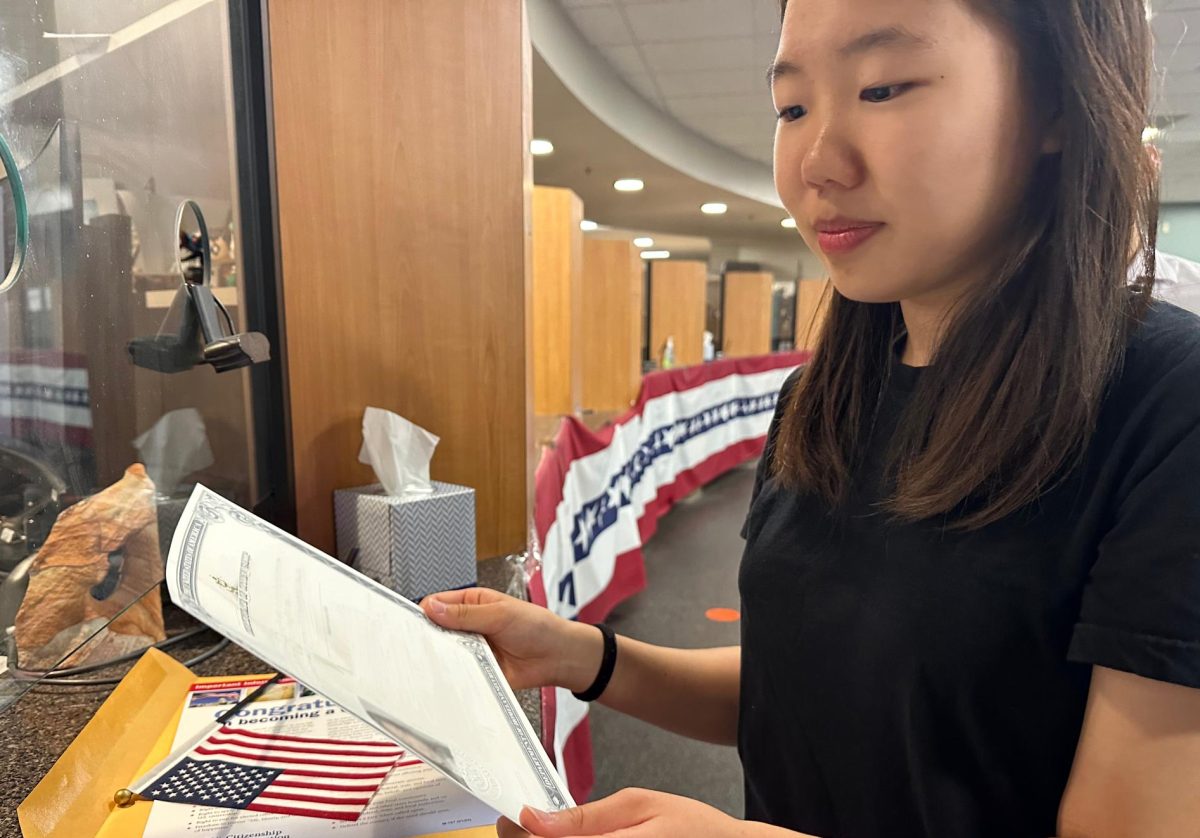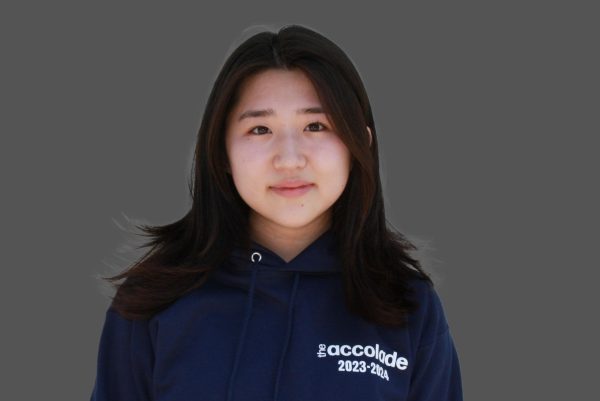Celebrated as one of eight prestigious Ivy League institutions, Dartmouth College highlights its exceptionally selective admissions and acclaimed education programs.
But earning recognition among other renowned Ivy counterparts, Dartmouth is distinguished as the first college to implement a legacy admissions policy, according to a study by Purdue University.
Today, over a century past its 1922 introduction, nearly 42% of private universities and 6% of public universities continue the practice of giving admissions preference to relatives of alumni, as indicated by a 2018 survey conducted by Inside Higher Ed. Preferential treatment varies among schools and can range from eased admissions criteria to special consideration in a pool of applicants.
But following the Thursday, June 29, Supreme Court ruling that struck down affirmative action, advocacy groups and elite universities across the country like Amherst College have been working toward challenging the practice of legacy admissions.
Arguing that the practice undermines the value of merit, organizations including the Chica Project, the African Community Economic Development of New England and the Greater Boston Latino Network have made efforts to reform the decades-long college admissions tradition.
Representing these groups, the Lawyers for Civil Rights filed a federal civil rights complaint against Harvard University this past summer, alleging that the school’s preferential treatment toward legacy applicants violates Title VI of the Civil Rights Act of 1964.
This move has thus prompted the U.S. Department of Education to open a formal and ongoing investigation into the university’s legacy admissions practices, according to a Tuesday, July 25 article by The New York Times.
FUTURE OF LEGACY ADMISSIONS
Given the recent ban on affirmative action, the use of legacy preferences has stirred controversy among prospective students and schools.
John Rogers, a professor of education at UCLA and the director of the school’s Institue for Democracy, Education and Access said to some extent, affirmative action serves as an effective strategy toward racially diversifying college campuses.
“[Affirmative action] has been particularly important…in creating environments in which we have people who are coming from different sorts of experiences,” Rogers said. “Part of the problem with legacy admissions is that in a period of demographic change in our society, those who attended elite colleges and universities in generations past are going to be disproportionately white.”
A concurring 2019 study by the National Bureau of Economic Research found that 43% of Harvard’s white admits were ALDCs — an acronym for recruited athletes, legacies, students on the dean’s interest list and children of faculty or staff.
“I think we’re in a moment because of the affirmative action decision where these practices are becoming well-known, and as they become well-known, many colleges and universities are going to be pushed to move beyond them,” said the professor who hopes this change will occur in the near future. “The move to reject legacy admissions, I think, is a positive good.”
Senior Joshua Purwadi, who supports the court’s ruling against race-conscious admissions, agrees with Rogers that more universities will end preferences for children of alumni soon.
“[Legacy admissions] should not be allowed because it makes zero sense for people to be considered into a university not based on their merit, but by the merit of their parents,” Purwadi said.
Although Lex Hou — a senior undergoing the recruitment process for collegiate baseball and the child of the University of Southern California alumni — advocates on behalf of ALDC admissions, he predicts the practice will lose favor among schools and admissions officers.
“I think that legacy admissions will become less popular,” Hou said. “I believe that the goal for all colleges is to accept students based on their profile, not where their parents went.
“In terms of family history, I believe that legacy is important and should be considered, but in all actuality, it should be in terms of what a student can provide for the school.”
But despite pushback from institutions including Wesleyan University, Amherst College and Massachusetts Institute of Technology, preferential treatment for legacy students has proved economically beneficial for universities across the country.
“I think legacy admissions have been a really good deal for some of the colleges because it encourages alumni from that college to provide financial support to that college,” Rogers said. “There’s an unspoken agreement of sorts, that by providing financial support, you and your family are going to have an advantage in the admissions process.”
According to an August 2021 article from Relative Insight, nearly $11 billion worth of alumni donations are gifted to U.S. colleges and universities annually, with the revenue typically allocated toward a school’s operating budget, scholarships and campus renovations.
“[Admission through donations] is just admission through bribery and not admission through your own merit and strength,” Purwadi said.
Schools such as Yale University have remained adamant in their decision to uphold the generations-long tradition.
In a February 2022 written testimony to the Connecticut General Assembly, Yale’s dean of undergraduate admissions Jeremiah Quinlan stated opposition against House Bill 5034, “An Act Prohibiting an Institution of Higher Education from Considering Legacy Preferences in the Admissions Process.”
“We are skeptical that a ban on legacy preferences in admissions would have a material effect on representation of low-income, first-generation, or underrepresented students,” wrote Quinlan, who believes that representation of minority groups on campus can be improved without eliminating legacy preferences. “Moreover, such a ban would undermine academic freedom by intruding on the autonomy of all colleges and universities in Connecticut, public or private, religious-affiliated or secular, to shape their campus culture and community.”
Hou shares similar sentiments with Quinlan, arguing that legacy admissions play a valuable role in building school culture.
“By giving preference to the descendants of former students, these institutions can ensure the continued engagement and support of their alumni, which is often essential for their long-term growth and financial stability,” Hou said. “Legacy admissions can also help preserve the unique character and history of an institution, contributing to a rich and diverse campus culture.”
THE ROLE OF K-12 INSTITUTIONS
Amid controversies surrounding affirmative action and ALDC admissions, Rogers believes that concerns of racial and social equity in higher education should be examined from a broader context.
“Some families in some communities find themselves in precarious positions where they don’t have access to secure housing, secure food, or other sorts of supports that are essential for the healthy development of young people,” the UCLA professor said. “That affects their learning and their ability to focus on class lessons.”
Given the context of the country’s history of racism and wealth inequality, Rogers said that students from wealthier backgrounds are exposed to improved resources and opportunities in their K-12 education, consequently offering them a significant advantage in the college admissions process.
“College admissions in the most elite schools is a process in which privilege of various different forms has had large consequences,” he said. “Those children from the most affluent families have parents who are able to place them in unique private schools that provide all the sorts of goods and supports.”
The professor ultimately believes that the development of inequities in elite universities serves as a direct result of social inequities that affect K-12 institutions.
“There are equity challenges that exist within our public schools and there are equity challenges that are embedded in larger societal dynamics that then affect public schools,” Rogers said. “One thing that [K-12] schools can do is to ensure that the voices of a diverse cross-section of students are heard in the decision-making processes at the school.”
Although the race to transform the country’s college admissions practices may not end with the ban on legacy students, Rogers encourages educators and schools to celebrate diversity and facilitate conversations on students’ unique experiences.
“We want to create a society in which all young people feel valued [and] feel like their experiences, their histories have value and have a place in our society,” he said. “We want people to feel like their voices are going to be heard, and so I think public schools have a really important role to play in that process.”



